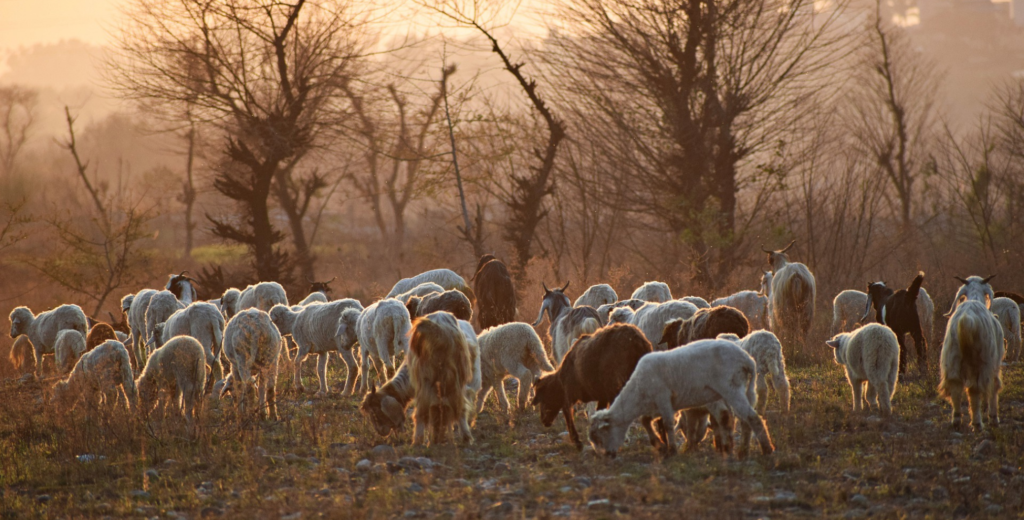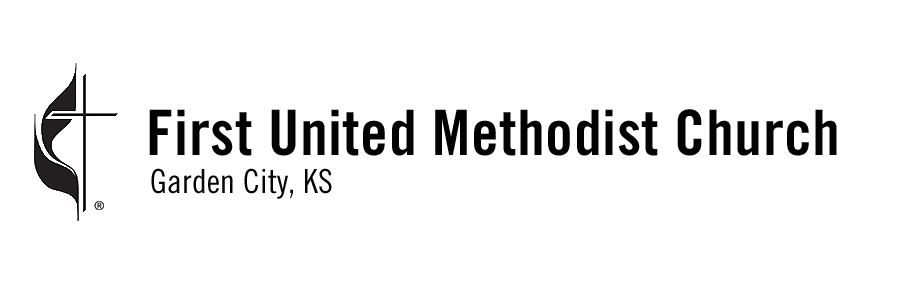
Do the Right Thing for the Day of the Lord is at Hand

November 22, 2020
Pastor Charles
Scripture Reading: Matthew 25: 31-46
Greetings to you all in the name of our Lord and Savior Jesus Christ. Amen. Today’s scripture reading is perhaps one of the most famous parables in the Bible. It is a powerful reminder of our shared responsibility to care for the most vulnerable, the “least of these,” the last, and to care for one another. This story is important to everyone as we are called upon to protect and care for each other from the ravaging Covid-19 pandemic.
Today’s parable uses a very traditional Middle Eastern plot where the king goes to wander the streets of his kingdom disguised as a commoner or a poor person to see for himself how things really are. The important question here is: How do we act when no one is looking? That is the idea of the parable about the sheep and the goats. Christ is among us in disguise and we often don’t recognize him. Jesus gave this parable to help people understand his way of compassion and what it meant for them to follow it. And so, in this parable, we have two groups: the sheep and the goats.
Using this parable of the sheep and the goats, Jesus told how one day He will judge the nations. Then He spoke of how real righteousness is demonstrated in caring for others who are needy.
The parable of the sheep and the goats took place at the Mount of Olives, in a private discourse between Jesus and His disciples (Matt. 24:1) only days before His death (26:1-2). It paints a picture of God’s sorting the righteous from the unrighteous.
Jesus’ reference to the shepherd separating the sheep and goats is apparently based on the nature of the animals. Sheep are generally considered to be likable and docile while goats are often mischievous and offensive. Shepherds often kept these two distinctly different animals in the same fold but separated.
Interestingly, in the parable of the sheep and the goats, Jesus portrays the righteous, who have gone beyond simply mouthing their faith, as unaware of the significance of the good they have done. He identifies with the needy when He equates service done for them as being done for Him.
Did you notice what the sheep and the goats, the people on the king’s right and left, have in common? Both groups are surprised to learn that they encountered the king. The sheep say, “Lord, when was it that we saw you hungry and gave you food, or thirsty and gave you something to drink? When was it that we saw you a stranger and welcomed you, or naked and gave you clothing? When was it that we saw you sick or in prison and visited you?”
The goats’ response is the same, except that they failed to act.
Both groups are surprised. They had no idea they had encountered their king in the guise of someone hungry, or poor, or sick. They had no idea that they had seen their king in the face of the needy, hungry or a prisoner.
This king, our king, is unexpected. He was born, He lived, He died, in the most unexpected ways. His resurrection and ascension were certainly unexpected. And this parable teaches us that his return will also be unexpected. We might be waiting for the Son of Man to come in glory, surrounded by angels, sitting on a throne. But what we will discover—what the sheep and the goats in the parable discover—is that our king is already in our midst. We have already seen Him. He’s the panhandler on the street corner. He’s the farmworker picking our crops. He’s alone in a hospital room with no one to visit him. He’s locked up in prison. He is a frontline health worker fighting Covid-19. Friends, let us take care of one another for doing so we are doing it to Jesus Christ. Let us social distance, wear face shield, praying for the infected. Do the right thing for the day of the Lord is at hand. Amen.
